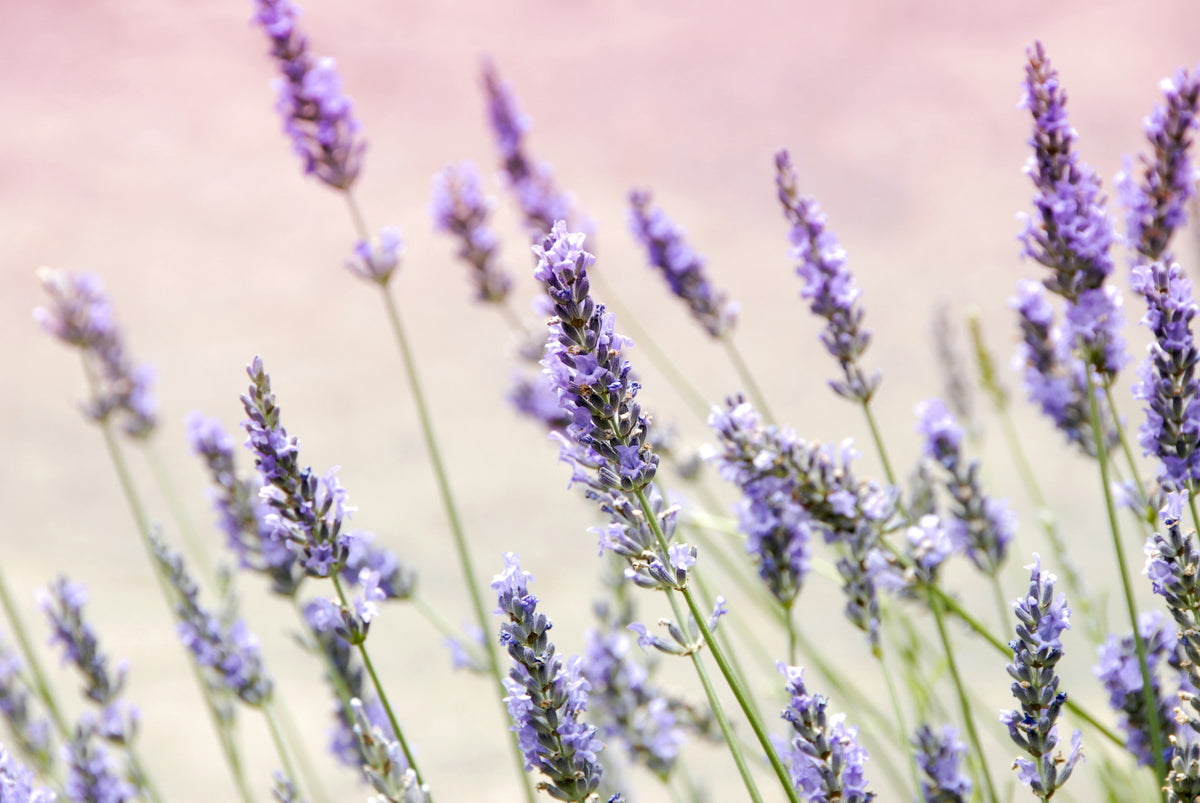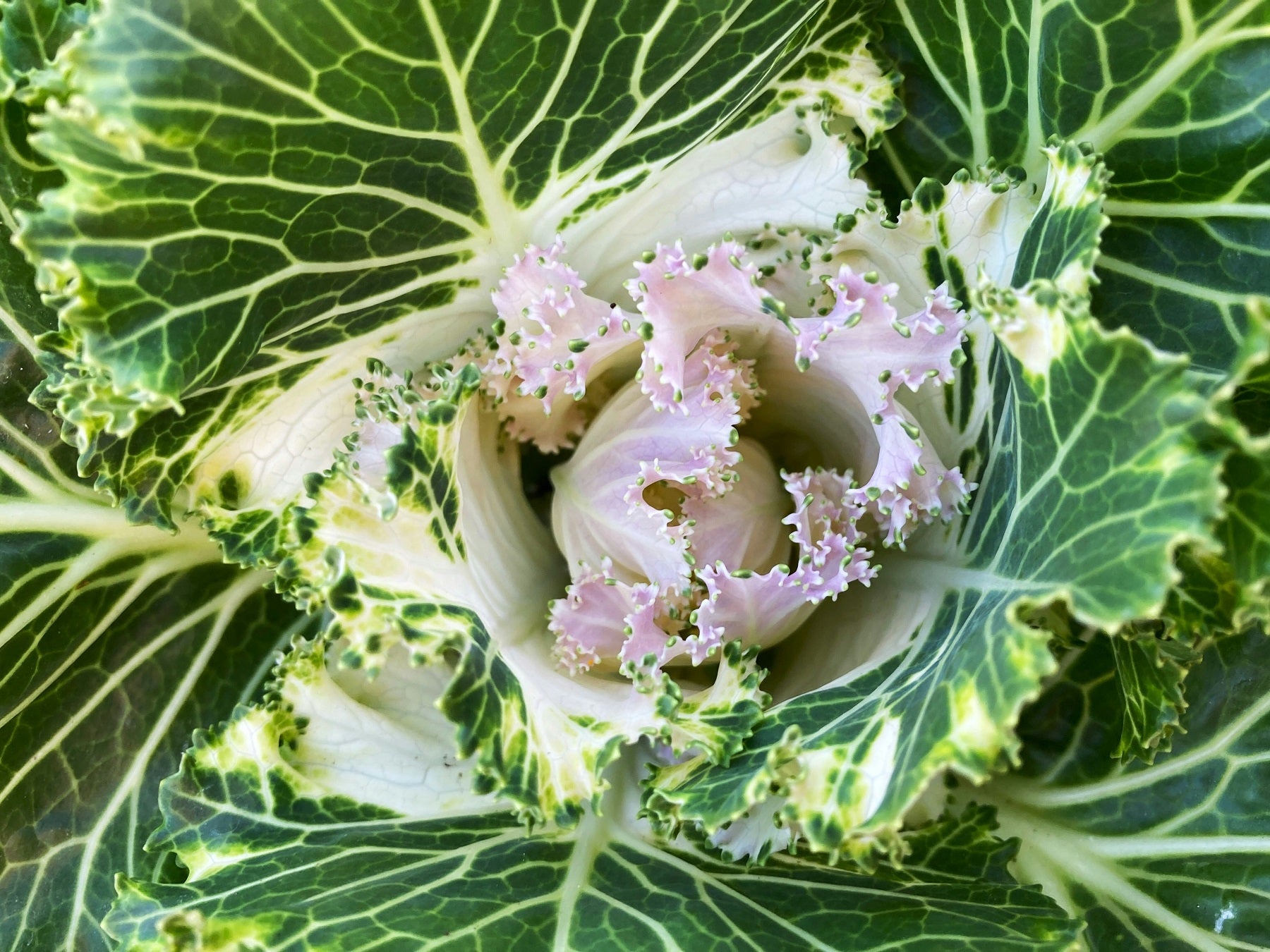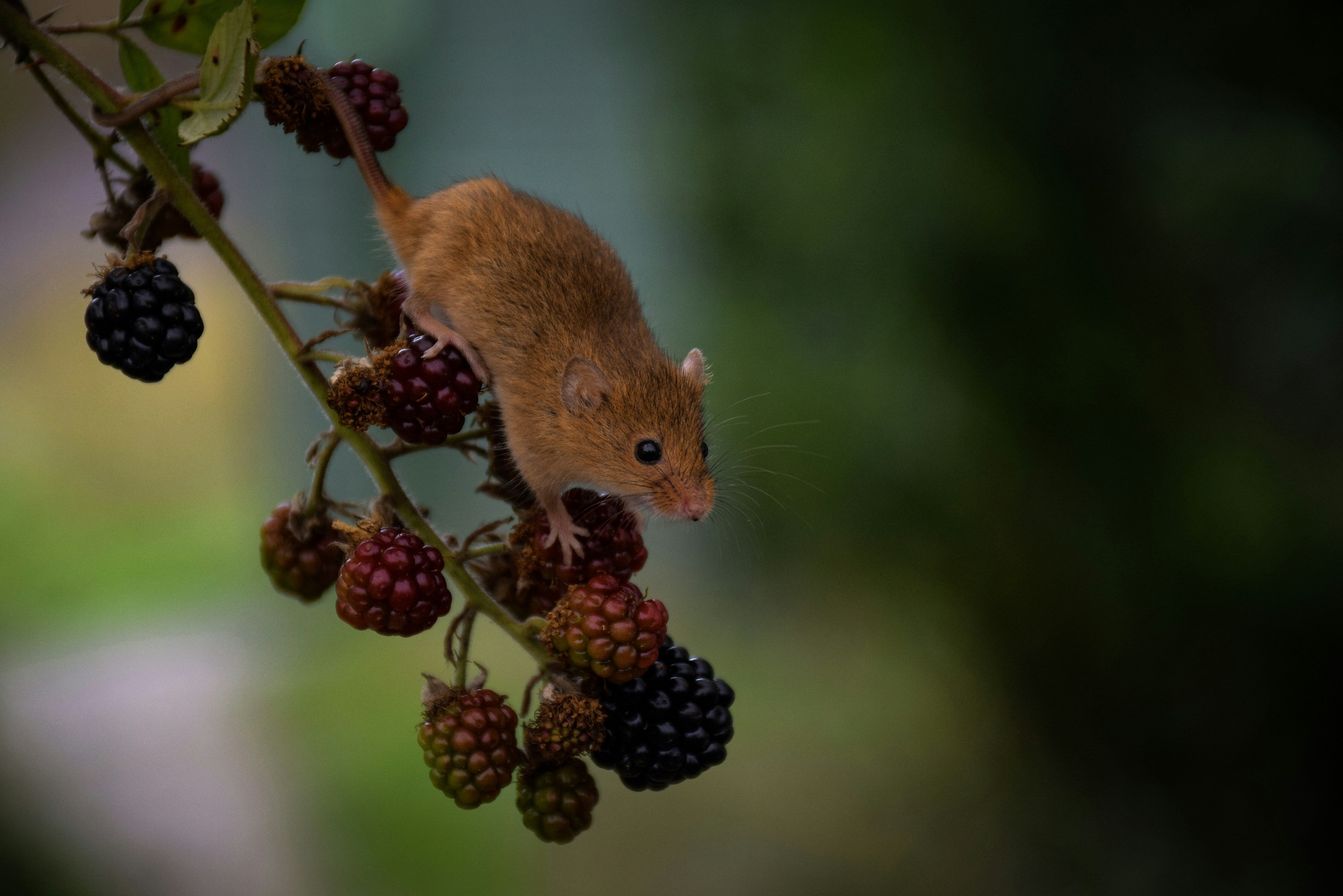Understanding Deer and Lavender
Gardeners often face the challenge of deer eating their prized plants. One common question is, do deer eat lavender? In this guide, we'll address this and other related questions to help you understand how to protect your lavender and other plants from deer.
The Science Behind Deer and Scent

Deer possess an incredibly acute sense of smell, which they use as their primary defense mechanism. A deer's nose contains approximately 297 million olfactory receptors, significantly more than the 5 million found in humans and the 220 million in dogs (North American Whitetail) (Grand View Outdoors). These receptors allow deer to detect a wide range of scents, including potential predators and food sources.
The strong scent of lavender, along with its slightly bitter taste, is unappealing to deer, making it an effective natural deterrent. Lavender, along with other strong-smelling plants like garlic and mint, can create a sensory barrier that deters deer from entering your garden (Borst Landscape & Design).
Do Deer Eat Lavender?
When asked do deer eat lavender, the general answer is no. Deer typically avoid lavender due to its strong scent and slightly bitter taste. This makes lavender a great choice for gardens in deer-prone areas.
The Deer Resistance of Lavender
Is Lavender Deer Resistant?
Yes, lavender is deer resistant. The strong aroma and texture of lavender plants are unappealing to deer. As a result, they are less likely to feed on lavender compared to other plants in your garden.
Lavender Varieties and Deer Resistance
- English Lavender: Is English lavender deer resistant? Yes, English lavender is highly deer-resistant due to its strong fragrance.
- Spanish Lavender: Do deer eat Spanish lavender? No, Spanish lavender is also deer-resistant, with a strong scent that deters deer.
Benefits of Using Lavender in Your Garden

Does Lavender Repel Deer?
One of the benefits of planting lavender is that it can act as a lavender deer repellent. The strong fragrance of lavender is known to deter deer, making it a natural option for protecting your garden.
Does Lavender Keep Deer Away?
Does lavender keep deer away? Yes, planting lavender can help keep deer away from your garden. Its strong fragrance acts as a natural deterrent.
Common Questions About Deer and Lavender
Do Deer Eat Lavender Plants?
Another common question is, do deer eat lavender plants? The answer is still no. Deer usually steer clear of lavender plants, including their leaves and stems, making them a reliable choice for a deer-resistant garden.
Do Deer Eat Lavender Flowers?
Do deer eat lavender flowers? Deer tend to avoid all parts of the lavender plant, including the flowers. The same properties that make the leaves and stems unappealing also apply to the flowers.
Do Deer Eat Lavender Bushes?
Do deer eat lavender bushes? No, deer do not typically eat lavender bushes. The strong scent and taste of the bushes keep deer away.
Do Deer Like Lavender?
Do deer like lavender? No, deer do not like lavender. The scent and taste are unappealing to them, which helps in keeping them away from lavender plants.
Protecting Your Garden with Lavender

Planting Lavender for Deer Resistance
Using lavender as a deer repellent is effective when planted strategically around your garden. Consider the following tips:
- Plant in Groups: Grouping deer-resistant plants together can help create a stronger deterrent effect.
- Use Repellents: In addition to planting lavender, consider using deer repellents like Messinas Deer Stopper to provide extra protection.
- Create Barriers: Physical barriers such as fences can also help keep deer out of your garden.
- Regular Maintenance: Keep your garden well-maintained to reduce the risk of deer damage.
Combining Lavender with Other Deer Resistant Plants
To enhance the effectiveness of lavender, combine it with other deer-resistant plants. Here are some examples:
- Astilbe: Do deer eat astilbe? Generally, no. Astilbe is another plant that is resistant to deer due to its texture and taste.
- Sage: Do deer eat sage? Like lavender, sage is also deer-resistant. Its strong aroma and taste make it unappealing to deer.
- Salvias: Do deer eat salvias plants? Salvias, or sages, are typically avoided by deer for the same reasons as lavender and sage.
For a more detailed list of deer-resistant plants, check out our blog post on deer-resistant plants.
Other Deer Resistant Plants
- Echinacea: Known for its tough texture and deer resistance.
- Yarrow: Hardy and rarely bothered by deer.
- Russian Sage: Both drought-tolerant and deer-resistant.
Introducing Messinas
At Messinas, we pride ourselves on delivering high-quality gardening products that help gardeners at all levels create beautiful, productive outdoor spaces. From pioneering weed control solutions to innovative garden tools, our products are designed to enhance your gardening experience by simplifying tasks and ensuring successful outcomes. Our dedication to using natural and effective ingredients ensures that your garden remains vibrant and healthy while being protected from pests and wildlife.
Messinas Deer Stopper Products
Messinas offers two unique deer repellent solutions: Deer Stopper I and Deer Stopper II. Both products are designed to protect your garden from deer, moose, and elk without harming the animals or your plants.
Deer Stopper I
Messinas Deer Stopper I is a highly effective solution for preventing foraging and entry damage in gardens, shrubs, flowers, and trees. It uses natural ingredients like putrescent whole egg solids, rosemary oil, and mint oil to create a sensory barrier that deters animals by smell, taste, and touch. This product is safe to use around kids, pets, and vegetables and is effective for 30 days per application, regardless of weather or watering.
Deer Stopper II
Messinas Deer Stopper II offers a similar level of protection with a slightly different formulation, including putrescent whole egg solids, cinnamon oil, and clove oil. This product is also safe for use around kids, pets, and vegetables and provides up to 30 days of protection with each application. Deer Stopper II can be used independently or rotated with Deer Stopper I to enhance effectiveness.
Protecting Your Garden with Deer Resistant Plants
In summary, do deer eat lavender? No, they typically don’t. Lavender, along with other deer-resistant plants like astilbe and sage, can help protect your garden from deer. By choosing the right plants and using effective deterrent strategies, you can create a beautiful and resilient garden that deer are less likely to damage.
Trust Messinas to provide the best solutions for all your gardening needs. By following these tips and incorporating a variety of deer-resistant plants, you can create a garden that remains beautiful and thriving, despite the presence of deer.




Leave a comment
This site is protected by hCaptcha and the hCaptcha Privacy Policy and Terms of Service apply.